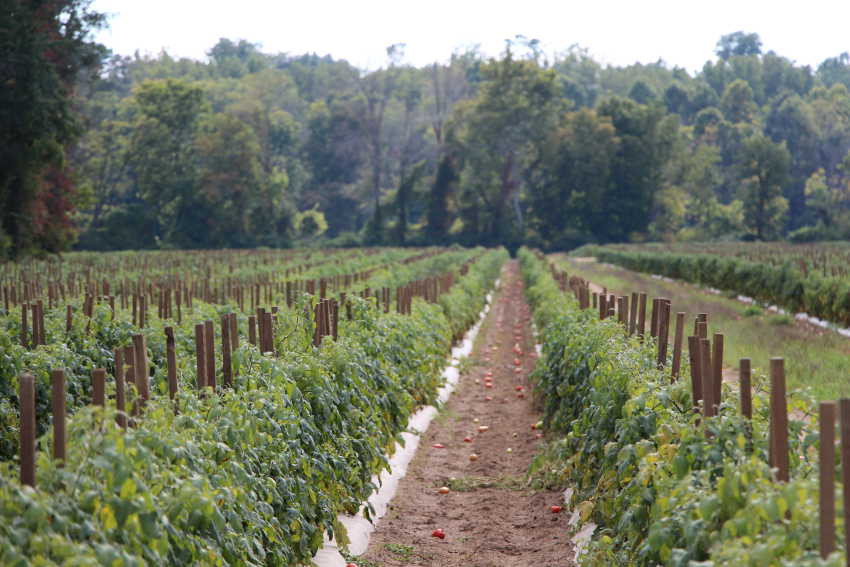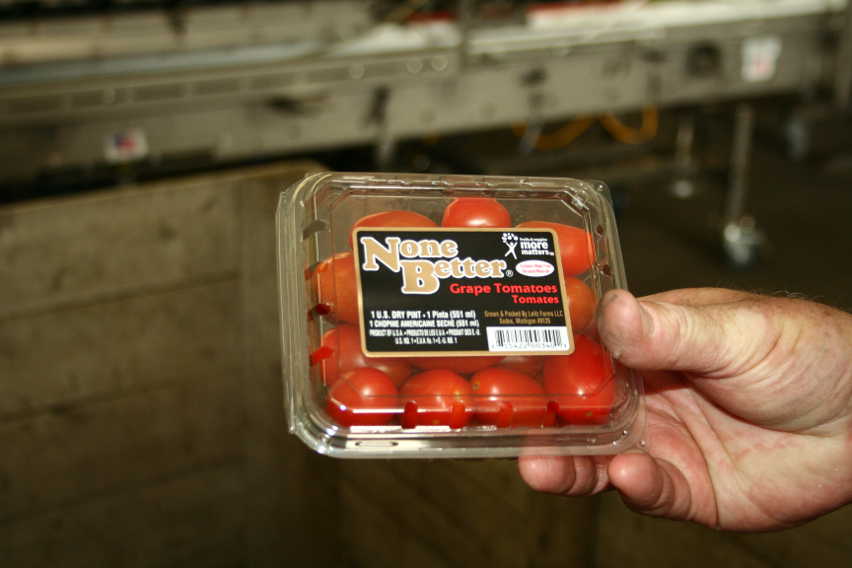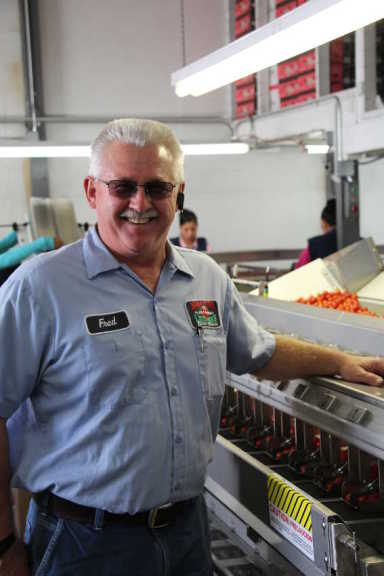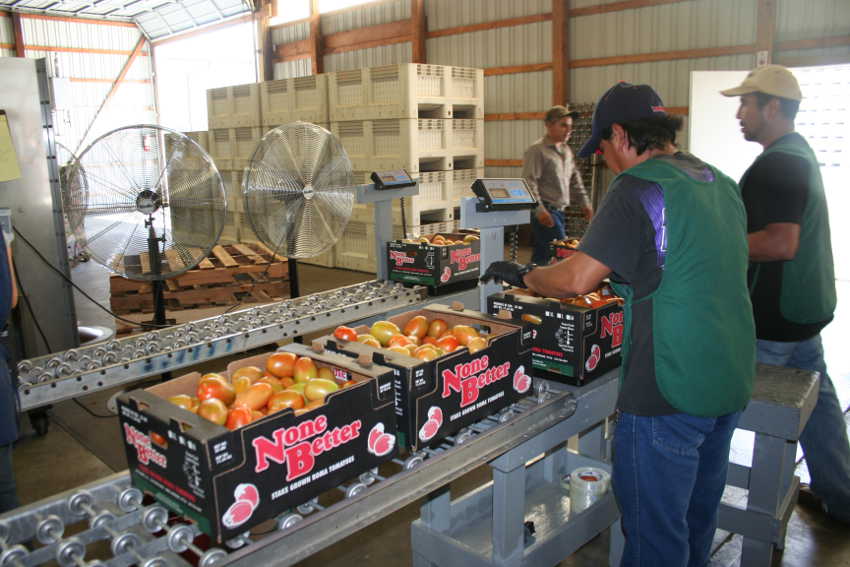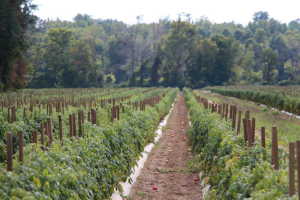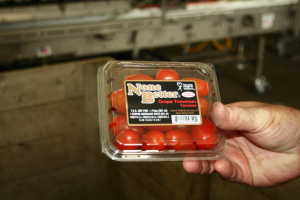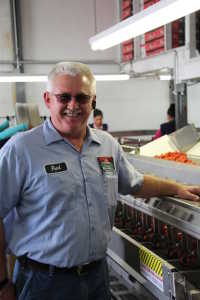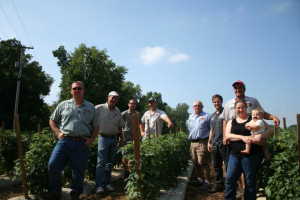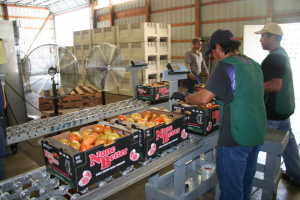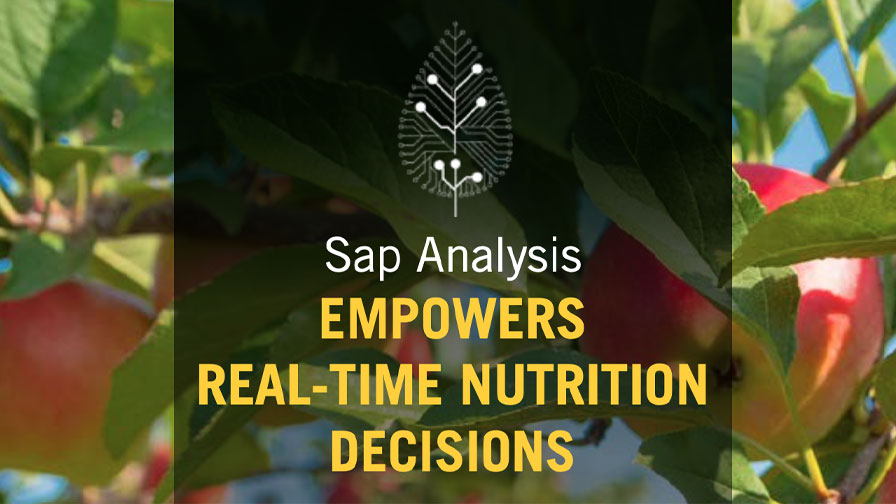Leitz Farms Takes Action On Immigration Reform
[blackoutgallery id=”68505″]
Fred Leitz is a busy man. Even in the off-season, his schedule is packed as he bounces between managing tasks on his family’s operation, Leitz Farms, based in Sodus, MI, and participating in multiple industry organizations.
The efforts of Leitz Farm have not gone unrecognized, as the operation received acclaim from the Michigan Vegetable Council, winning its Master Farmer Award in 2000. The award is presented to operations that are not only innovative, but are involved in the industry as well as their communities.
Involved And Engaged
Leitz takes his industry participation seriously, and has represented the farm in several organizations. Currently, he is vice president of the National Council of Agricultural Employers (NCAE), which he’s been with for more than 15 years holding various leadership positions.
When Leitz got involved with NCAE, he also began working with the Agricultural Coalition for Immigration Reform.
His passion for labor started during his tenure at Michigan Farm Bureau, where he served on its labor advisory committee for 20 years.
“Michigan Farm Bureau asked me to be a young farmers chairman on the county board back in 1980, and I eventually became the county president for them a few years afterward,” Leitz says.
“During that time, labor had always been one of my passions. I don’t know why, it just fell that way. I always liked labor laws and making them work for growers — also being better employers, and treating people better, and working with the laws that did that.”
According to Leitz, his main priority when it comes to labor regulations has always been to make any agreement fair for both sides.
“I’ve always thought, if they want to pass a law, let’s make it work for both parties. Let’s make it better for the employee, but let’s not overburden employers,” he says.
Reacting To President Obama’s Immigration Plan
Just a day before American Vegetable Grower interviewed Leitz, President Obama announced his plans to fix the critically flawed immigration system. As we have all been waiting anxiously for a plan that would address the millions of undocumented agricultural workers in the country, expectations for the first pitch were high.
However, in many people’s eyes, the president’s suggested plan failed to deliver on those high hopes, as it neglected to specifically address fixes to the current guest worker program.
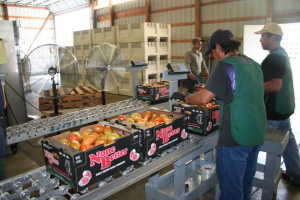
After the interview, Leitz was scheduled to participate in a conference call with the Agricultural Coalition for Immigration Reform, which was formed in 2001 in an effort to help speed up the process of immigration reform by working with politicians.
“During the [conference call] we’ll give ideas and suggestions [on immigration reform] and listen to what’s going on, and try to make it so that anything we do is workable for growers,” he says.
Also interested in an immigration policy that is workable for growers is Kerry Scott, program manager for MAS Labor, an H-2A service provider. Sharing his opinion of the plan, Scott says: “Broadly speaking, [President Obama’s plan] is not the solution to the problem.”
“The solution to the problem is a functional guest worker program that allows people to work in agriculture for a season and then go back home and not have to risk government action or the difficulties involved in crossing the border,” he says.
Scott, like Leitz and many others in the industry is hopeful that the disagreements between both political parties will cease, so a workable plan can be developed.
“This is something that is Congress’s to handle, and I hope that this will inspire them to do so,” Scott says.
“However, it does not need to be something that they fight over interminably moving forward.”
Labor On Leitz Farms
So what does the current labor profile look like at Leitz’s operation? He says he uses about 200 workers each day in the summer between packing sheds and harvesting, and that the farm has a 70% retention rate of workers year after year.
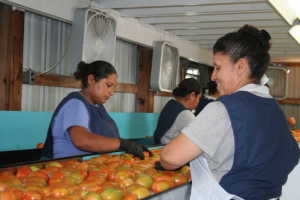
Although his retention rate is relatively high, Leitz realizes that is no reason to rest easy.
“I’m always nervous about labor,” he says. We’ve been really short and we’ve been really long with people. Every year has been different.”
“Getting everything planted is hard, but it doesn’t take as many people. Harvesting and packing — that’s when we start running into problems. We’ve looked at a couple different scenarios, whether it’s H-2A or farm labor contractors to bring people in; we’ve talked to people, we’ve looked at the program, he says. “I’ve also talked to my representative in Congress, and he knows the problem, and he’s behind getting something done on immigration as a whole, but specifically on some things to help out agriculture.”
Looking Toward The Future
At the end of the day, Leitz’s hope is that a plan will be developed that provides a workable labor system for growers and employers alike — afterall, the future of his operation depends on it.
Overall, he has high expectations for the future of the farm, and would like to see the next generation have a strong hand in its success.
“I hope that the next generation is looking at different opportunities. They have to look at markets, and they have to look at the competition to stay ahead. We want to keep expanding slowly,” says Leitz.
One thing is for sure, if the next generation remains as passionate and an involved in the industry as Leitz is, success is a likely outcome.




